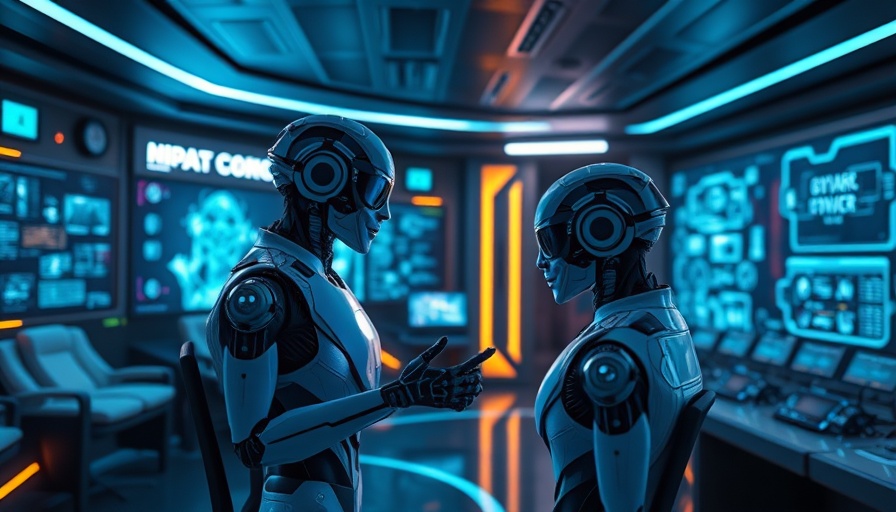
Will AI Agents Truly Replace SaaS by 2030?
The tech landscape is evolving at a breakneck pace, with Microsoft forecasting significant disruptions in how businesses operate. A recent prediction by Microsoft CEO Satya Nadella and product leader Charles Lamanna suggests that traditional Software as a Service (SaaS) will become obsolete by 2030, as AI agents take on a much larger role in automating business processes and personalizing user experiences.
The Rise of AI Agents
AI agents—self-learning tools designed to understand and anticipate user needs—are poised to redefine the tech industry. Unlike conventional SaaS applications, which often require user intervention for updates and optimizations, AI agents bring the ability to adapt dynamically based on usage patterns and contextual information.
Let's explore what this means for businesses. Imagine a workplace where AI agents handle daily tasks, manage scheduling, curate information, and even negotiate on behalf of employees. This level of automation could streamline operations, increase productivity, and liberate teams to focus on strategic initiatives rather than mundane tasks.
Understanding Deep Reasoning AI
Central to the evolution of these AI agents is an area known as deep reasoning AI. This technology allows machines to process complex information, weigh variables, and provide insights that mimic human cognitive abilities. Businesses that adopt deep reasoning AI stand to gain unprecedented intelligence and efficiency, allowing for timely decision-making that was previously impossible with standard SaaS models.
Real-World Applications: What We Can Expect
Future applications of AI agents are vast. In sectors such as finance, healthcare, and customer service, AI might lead the charge in predictive analytics and personalized services. For instance, an AI agent in a hospital could automatically adjust patient care plans based on real-time health data, or in finance, an AI might analyze market trends to provide investment advice tailored to individual risk profiles.
Counterarguments: Is Moving Away from SaaS Practical?
While the promise of AI agents is compelling, skeptics question whether this technological shift is truly feasible by 2030. The challenges of integrating deep reasoning AI into existing frameworks, addressing data privacy concerns, and the potential for job displacement are valid discussions that merit serious consideration. Moreover, the technological advancements needed could take longer than anticipated.
The Emotional Connection to Change
Technological advancement often induces ambivalence. On one hand, there's excitement about efficiency and innovation; on the other, fear of the unknown. As businesses contemplate the implications of relying on AI, it's essential for leaders to communicate transparently about the changes coming—and to foster a culture that embraces technology for its potential to enhance lives.
Take Action: Why Embracing AI Agents Matters
Embracing AI agents over traditional SaaS systems isn't just about keeping up with trends; it's about leveraging technology for better outcomes. Companies that proactively adapt to this shift may not only enhance their operational efficiency but also improve employee satisfaction, foster innovation, and ultimately drive growth in a competitive marketplace.
As we stand on the precipice of a new era in technology, it’s important for businesses and individuals to remain informed. Engage with thought leaders, invest in training, and explore partnerships with companies at the forefront of AI innovation to position yourself advantageously for the future.
 Add Row
Add Row  Add
Add 




Write A Comment